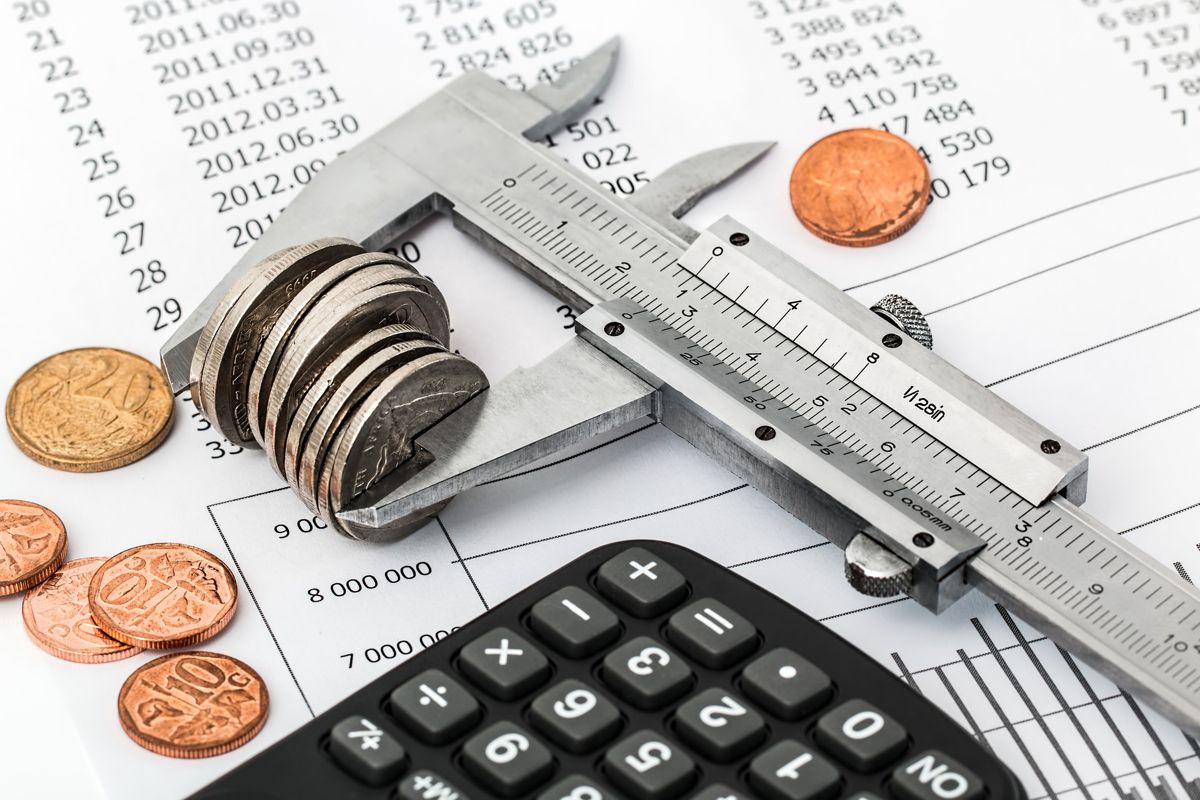6 things to consider when overseeing project cost control
Project cost control is certainly complex, without taking the uncertainties of the Coronavirus pandemic into account. This typically incorporates two principal components; estimating and planning costs, subsequently creating a budget from these, and the monitoring and controlling of project expenditures to adhere with your budget.
However, the construction sector has faced extreme challenges throughout the past year and this reality has only added to the immense pressure that professionals face when it comes to getting project cost control right… after all, it determines the profitability and success of a project – two mutually inclusive factors. Fortunately, with some support and guidance, project cost control can be overseen without difficulty.
Plan for every possible eventuality
The most important thing to do when it comes to overseeing project cost control is plan for every possible eventuality; otherwise, influential factors won’t have been controlled for and your estimates will subsequently fail to fulfil their purpose.
Your project costs need to be well-informed, standing up against any possible outcome and/or stumbling blocks you could encounter. After all, if your forecasts are easily thrown, they’re not entirely reliable. As such, your project costs should account for contingencies which comprise 10-15% of your total costs. This will help to ensure you’re ‘covering all bases’, so to speak.
Utilise any technologies and tools at your fingertips which promise to simplify the cost control process – they are designed to help you and definitely will.
Plan far, far ahead
If the Coronavirus pandemic has taught us anything, it is the importance of not only planning for what lies around the corner, but in lieu of events that seem unlikely and reach much further into the future. When overseeing project cost control, consider the entire timeline and don’t underestimate the possible implications of events/factors which seem small or negligible…
You can never gather and consider too much information – every piece of data, research and analysis will help to enhance the credibility of your cost estimates.
Do your numbers before you even visit a plot
It’s easy to become overly invested in numbers; they are critical of course, but they’re not everything. It’s important that we remain sensible and capable of using our intuition when necessary.
For example, do not waste time overseeing complex financial estimates, planning strategies or research-based tasks for a plot of land before you’ve visited it. Instead, visit the plot and get a feel for how it could support your goals – explore the local area and consider what number alone can’t tell you.
Never pay too much for land and don’t enter bidding wars
Often, the first mistake made when overseeing project cost control is the most significant. More specifically, paying too much for a plot of land and/or entering into bidding wars. In any instance, prioritise what the plot is worth; what you pay should be an accurate and justifiable reflection of this, no more.
Only by purchasing a plot of land for a price that reflects its suitability for the project and the profits can you expect to get your project off to a positive start, ensuring this financial metric well informs the next.
By comparison, paying too much for a plot leaves you in a somewhat compromised position whereby you are inevitably forced to make savings further down the line, potentially sacrificing quality to the benefit of your financial margins.
Remember: it’s not all about lowering costs
On the face of it, project cost control infers keeping costs tight and streamlined, leading us to assume that we’re best placed lowering costs. Similarly, keeping costs low is beneficial for obvious reasons – maximising profits.
This is a common theme when considering business’ project cost control strategies. However, lowering costs is not always the most important, or effective; instead, prioritise spending in the right places, smartly and with considered research to support decisions.
Using finances wisely is much more important than spending as little as possible; this will not only be reflected in profits, but the quality of your project once completed and the fruitful working relationships established with contractors along the way.
Conduct a financial feasibility study with local data
Always conduct a financial feasibility study when overseeing project cost control, utilise data about other, similar properties in the area. This will provide you with an invaluable point of comparison, especially during the research stage of your project.
Also, go the extra mile; contact the developer behind nearby developments and ask them how their project went:
- Did they encounter any difficulties?
- Would they say the development was successful?
- Have they received feedback from the local community?
This will help to inform financial decisions, for example was the plot purchased for the right price, local contractors to use, and more, whilst also establishing a beneficial developer-developer relationship. The industry is becoming increasingly collaborative and this is something to utilise.
There are several vital things to consider when overseeing project cost control:
- Are you laying well-informed foundations for your project, purchasing a plot of land for an appropriate price
- Are you considering the needs of the local community
- How recent developments may inform your projections
- Are you prioritising value over minimising costs too rigorously
- Is your professional intuition complimenting your plans
- Are you planning for every potential eventuality
These are all questions to ask that inform project cost control efforts.
Article by Dean Ward, Founder and Managing Director of the DCW Group, a residential and commercial property development consultancy. With over 17 years of industry experience to guide his clients through every stage of a development project, including cost control.





















